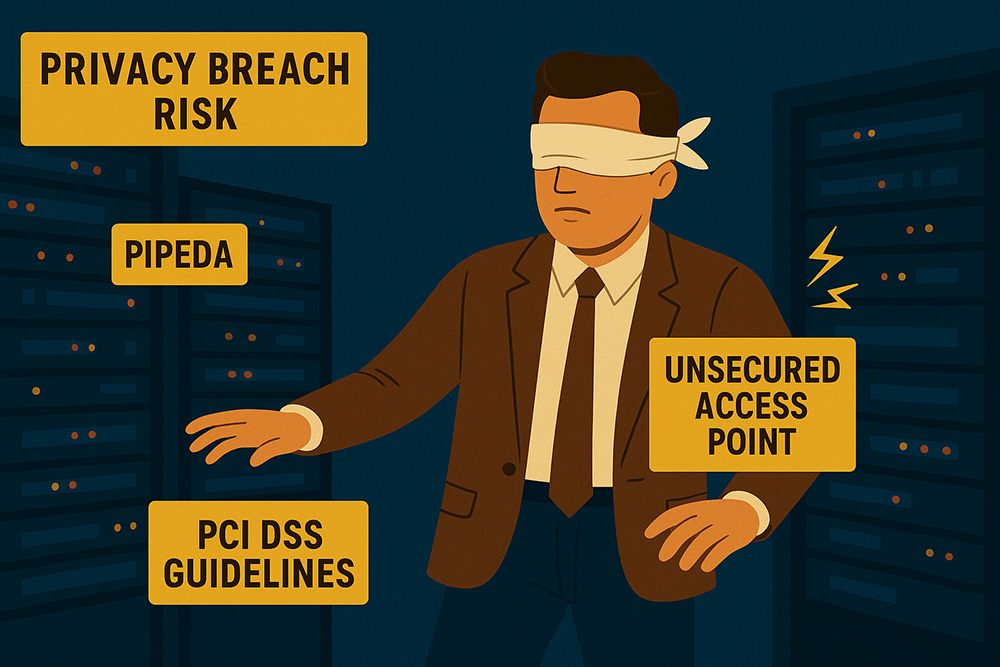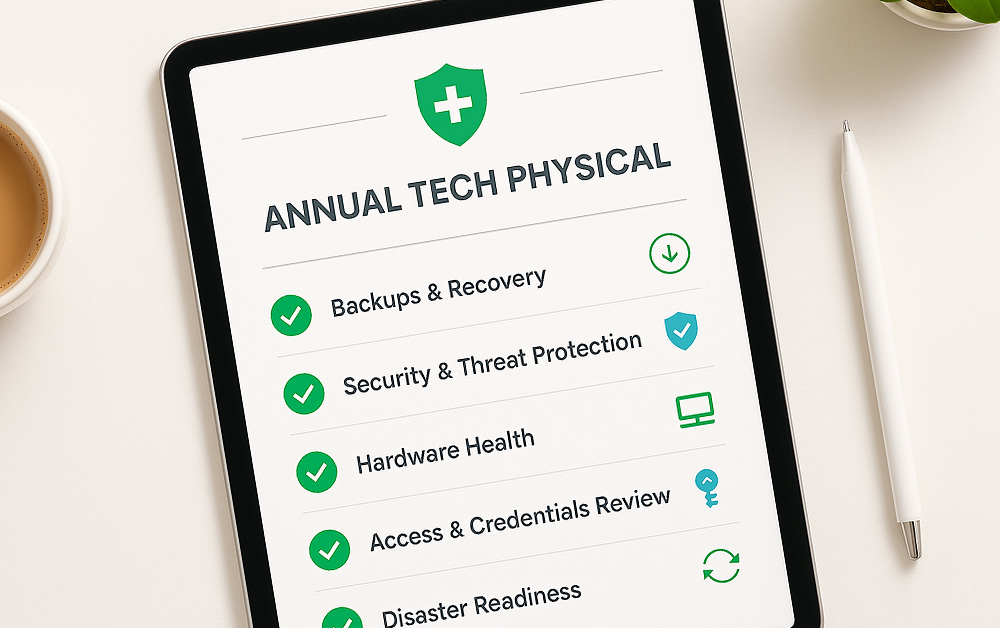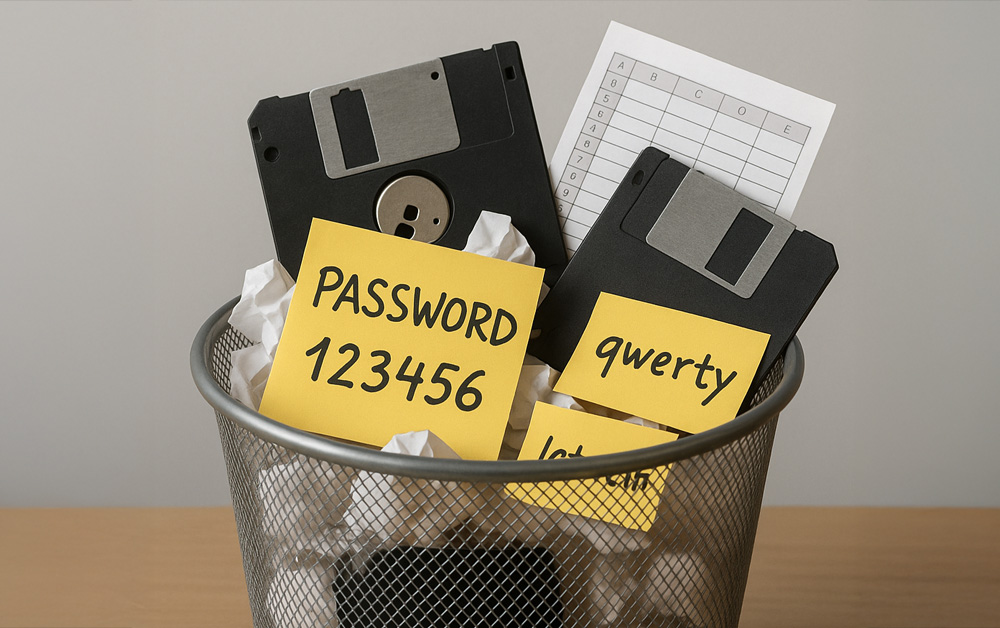
New Year’s Resolutions for Cybercriminals (Spoiler: Your Business Is on Their List)
Somewhere right now, a cybercriminal is setting New Year’s resolutions. They’re not thinking about self-care or work-life balance. They’re reviewing what worked in 2025 and



